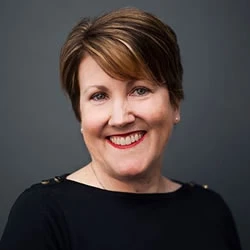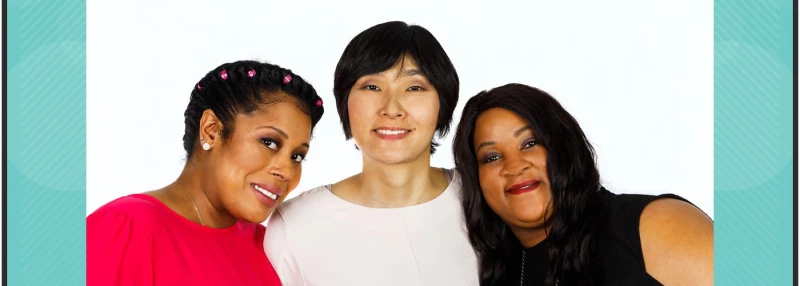At some point, young breast cancer survivors may experience the loss of a friend or member of their breast cancer community. It's hard to think about that happening when the focus is on living. The beauty of support groups is that there are people in the room who have been where you've been; they understand, and you don't have to explain much about what's going on.
Losing a Friend to Breast Cancer: Ruby's Story
Survivor guilt is common.
While working on the healthcare provider side, I facilitated a young women's breast cancer support group at the Winship Cancer Institute. That group of young women deeply bonded during our time together.
Most of the core group were early staged. One member, Ruby, inspired the rest of us with her openness and generosity. When Ruby was suddenly diagnosed as stage IV, the group rallied around her. But when she died suddenly, they were angry and confused that it happened so fast. They were scared and devastated.
Ruby’s death also brought them closer together.
There is no rule book for how to feel or what to do when we lose someone, and that is just fine. I decided we’d spend one of our meetings remembering Ruby, appreciating what she brought to us and who she was. We needed to express how hard it was to think about her no longer being with us. We read aloud the Ellen Bass poem Pray for Peace. I gave each person there a white pillar candle which they took to a healing garden to light together.
Grief is Not Linear
Did this mean their grief ended there? Of course not. It did, however, allow them to express conflicting feelings, cry, laugh, honor and hold that space together. All in a group where they felt unconditionally loved and accepted with people who understood.
When another, Jen, a few years later passed away, we were all a little bit prepared. We followed a similar process, and it helped. It didn't make everything okay, but it helped.
Even with what we know from Elisabeth Kubler-Ross’s stages of grief, those stages are not one right after the other. You can be angry and in denial and go back to being angry and jump ahead to resignation.
Grief is not linear, there is no clear path through it. It can feel like an emotional roller coaster (because it is). This is normal.
So How Can You Support One Another?
- Ask the group or friends how they would like to honor and remember the person they’ve lost.
- Have a bereavement counselor come to the group and spend time with you talking about the person who is no longer with you.
- Look for local grief groups. Look for resources like the Good Grief App to offer to your group members.
- Keep talking about it.
Keep Reading
If members or friends want more direction in terms of processing grief, refer them to bereavement groups locally or look for online resources that might be available such as the ones offered through the Therapeutic Writing Institute.
It's hard enough to manage diagnosis, treatment and life at the same time. It can feel unfair and scary when one of our own dies. I heard one survivor acknowledge that in a cancer support group “this is bound to happen at some point.” While that may be a reality, let’s remember that what we can control is allowing our feelings and supporting one another. That is a gift in the midst of loss.
Be gentle with yourself. Seek help whether it's individually or as a group. Figure out what works best for you. Give permission to yourself that some days are going to be emotionally hard while others will feel a little bit easier inside. This is especially true with grief. Having had my own journey with grief and loss, I know that it gets easier with time. It won't necessarily completely go away, and that's okay.
 Jean joined YSC in 2011 with a background in clinical oncology social work. She is a licensed clinical social worker, a certified oncology social worker and a certified journal therapist. Her focus includes the crafting, piloting and implementing of supportive and educational programming for young breast cancer survivors, co-survivors and healthcare providers. As a certified journal therapist, Jean crafted an original program addressing re-establishing intimacy after breast cancer as well as continuing education journal writing programs for mental health and nursing professionals regarding compassion fatigue and self-care. She holds a master of social work from the University of Georgia and a bachelor of arts from the University of South Carolina.
Jean joined YSC in 2011 with a background in clinical oncology social work. She is a licensed clinical social worker, a certified oncology social worker and a certified journal therapist. Her focus includes the crafting, piloting and implementing of supportive and educational programming for young breast cancer survivors, co-survivors and healthcare providers. As a certified journal therapist, Jean crafted an original program addressing re-establishing intimacy after breast cancer as well as continuing education journal writing programs for mental health and nursing professionals regarding compassion fatigue and self-care. She holds a master of social work from the University of Georgia and a bachelor of arts from the University of South Carolina.




